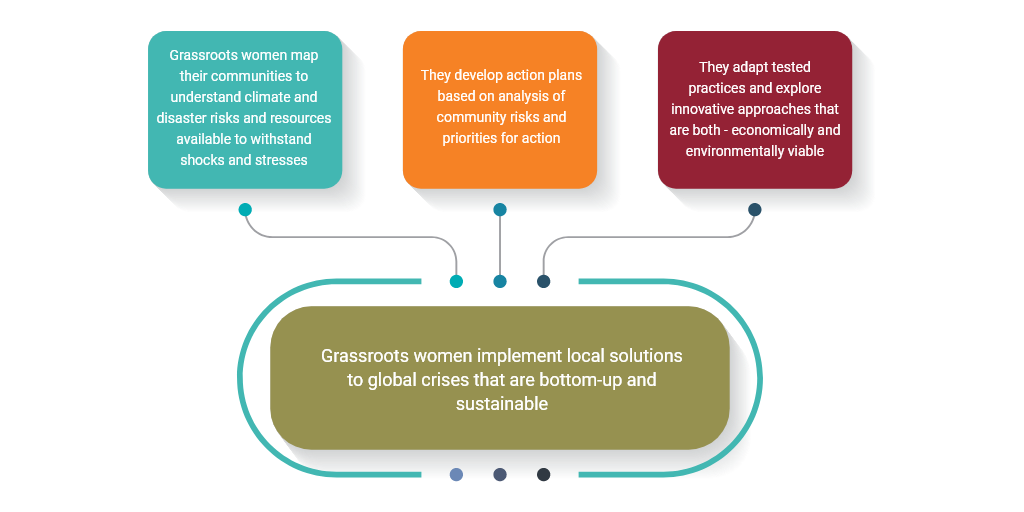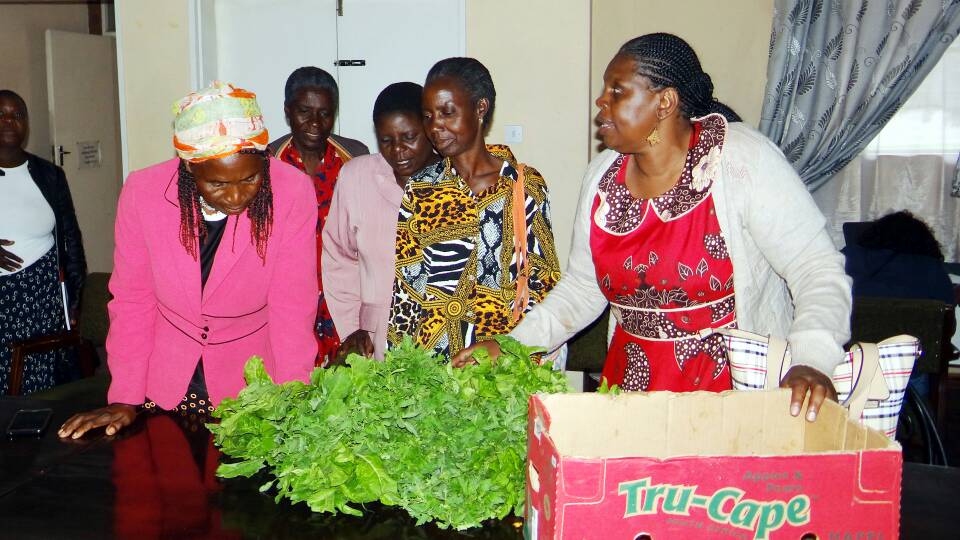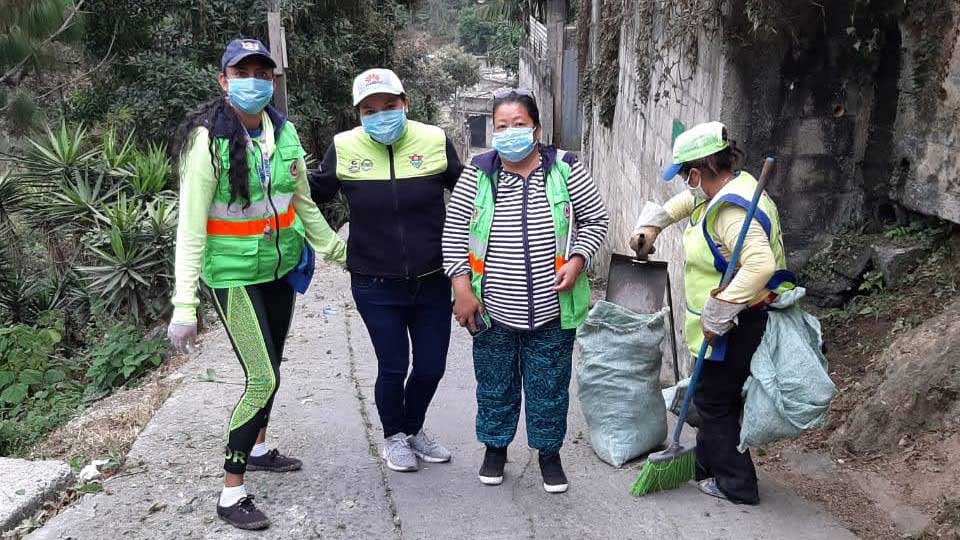Huairou Commission invests in grassroots women-led community resilience initiatives that advance community development priorities while reducing the impacts of natural hazards and climate change
Development deficits in low income, resource-poor urban and rural settlements leave communities highly vulnerable to natural hazards and climate change.
Grassroots women live and work in these settlements with regular exposure to climate change and natural hazards that have devastating effects on community livelihoods. Over time, grassroots women have developed a practical knowledge base of working at a community level in a way that promotes sustainable development while working to reduce risks to climate change and natural disasters.
Organized grassroots women’s groups have incorporated this knowledge into their livelihood practices. Using tested strategies and innovative approaches, they position themselves as agents of resilience and pursue long term planning for sustainable bottom-up development.



